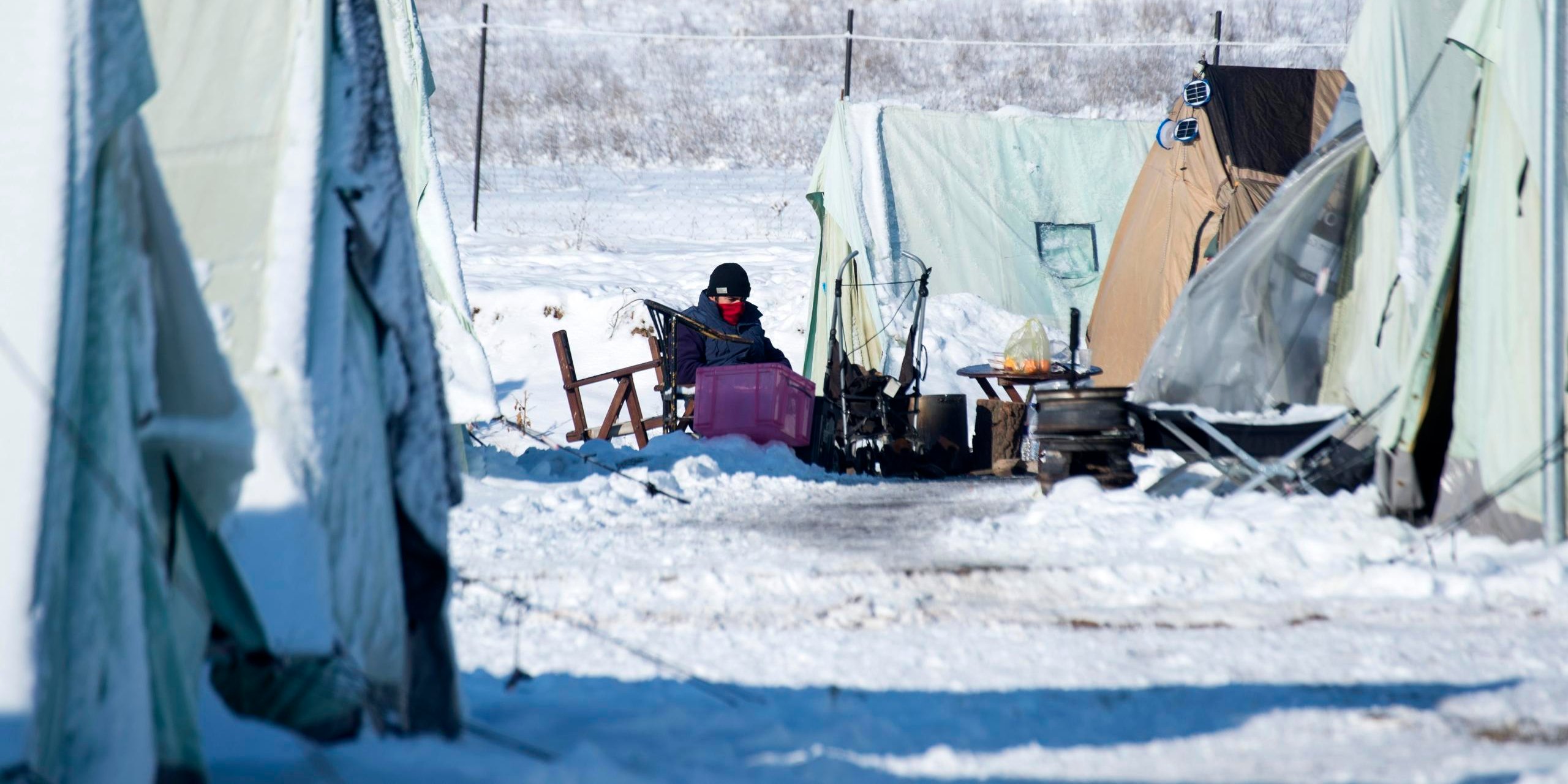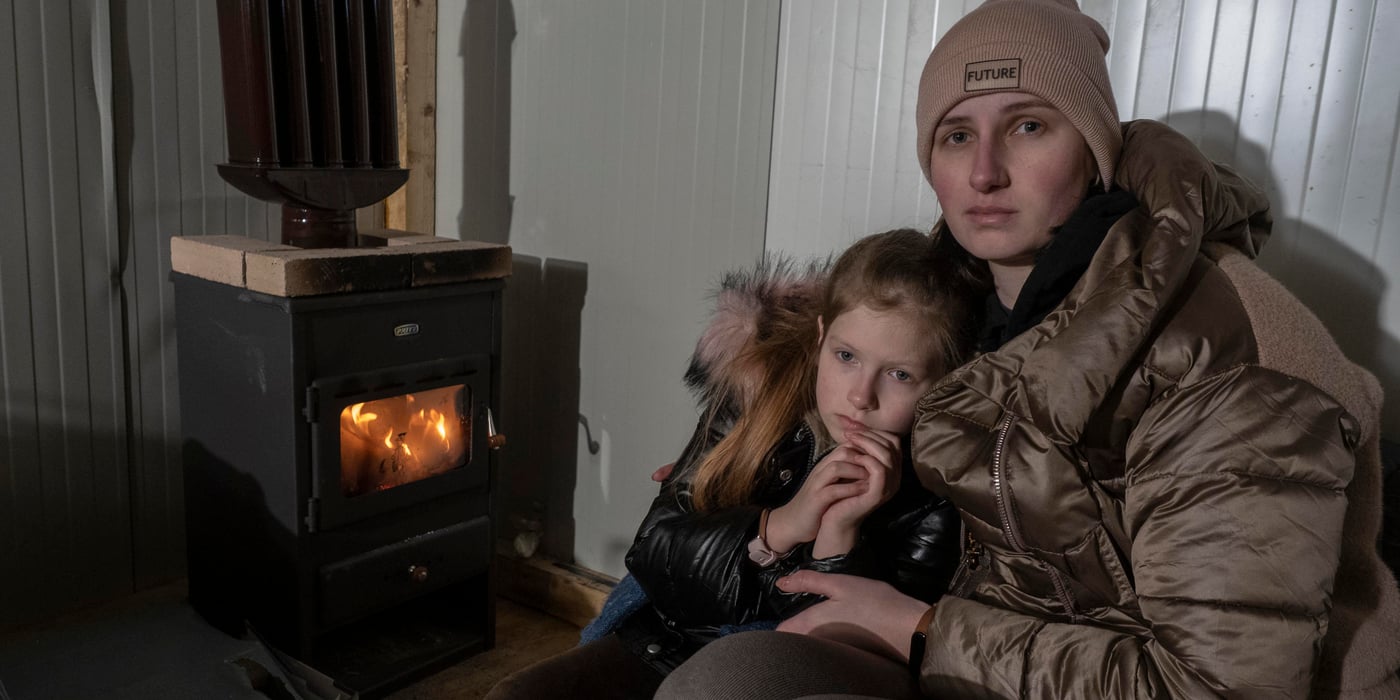
Tents offer little protection and warmth. On the island of Chios women, men and children stand in freezing temperatures for hours waiting for their food. In warehouses in Thessaloniki people have had to resort to burning whatever they can get their hands on to keep warm.
Band-Aid
The winter and sudden cold has woken the world up to the suffering on Europe’s doorstep. NRC and other humanitarian partners are constantly working to support the Government of Greece to meet the most pressing humanitarian needs. Although urgent and lifesaving, such efforts are merely a Band-Aid. These are temporary measures in hazardous living conditions. A real solution is overdue and this solution would involve solidarity among European countries and upholding the right to seek international protection.
NRC has been advocating publicly that warehouses are not habitable for humans, yet hundreds remain. As an immediate measure, NRC works to identify apartments and hotels for the most vulnerable in northern Greece.
“It has been a challenge to find apartment and hotel owners that are able and willing to rent to refugees, although we have seen some improvements over the last weeks,” said Gianmaria Pinto, NRC Country Director in Greece.
“Given the lack of alternatives, we have tried to improve the isolation of some tents, and set up common spaces that are heated, so at least the vulnerable, the children, elderly and sick have one place where they can be warm,” he said.
Hope is fading
The cold comes in addition to an already desperate situation where only a small minority of children have access to school, where youth over 15 are not even included in the official education plans, and where access to legal information about your future is missing and the sick and elderly are deprived of adequate healthcare. But worst of all: Hope is fading.
“In addition to the life threatening weather, the refugees are expressing a deep sense of depression, lack of hope, and uncertainties about what will happen to them,” said Pinto.
For many, this uncertainty is the hardest burden to carry. People have been stranded for months after Greece’s neighbouring countries closed their borders and the EU-Turkey statement of 20 March 2016. They care less about what will make them survive another day, and more about what comes next. They long for a future in sight.
“One man told me that he was thinking of killing himself. He is a grown man with children, they survived fleeing war in Syria and escaping over the Mediterranean. Having finally arrived, he now finds no reason to keep living, he has lost all hope,” said Claire Whelan, NRC Protection and Advocacy Adviser in Greece.
Relocation is slow and people keep coming
In September 2015, the European Commission proposed a scheme to relocate more than 60,000 asylum seekers from Greece to other European countries for them to have their asylum claim processed here. However, so far, only 11,5% have moved, and the relocation agreement is based on nationality and not individual protection needs. In addition, family reunification processes are very slow. Currently 2,300 children who have fled without their parents remain in Greece, and 1,443 of these children do not even have a place to live.
And people keep coming. More than 500 arrived in December alone. The majority still arrive from conflict zones in Iraq, Syria and Afghanistan according to official statistics, while there are also other nationalities.
“In any case, until people have had their interviews and gone through the process, we cannot pre-judge and determine whether they are eligible for a status as refugee, or if they are economic migrants, and no matter status they should be treated humanely” said Whelan.
While people keep freezing, NRC is committed to keep providing lifesaving assistance in every way that we can. But saving the lives, hopes and futures of those stranded in Greece will require Europe to live up to its promises, and find lasting solutions.


